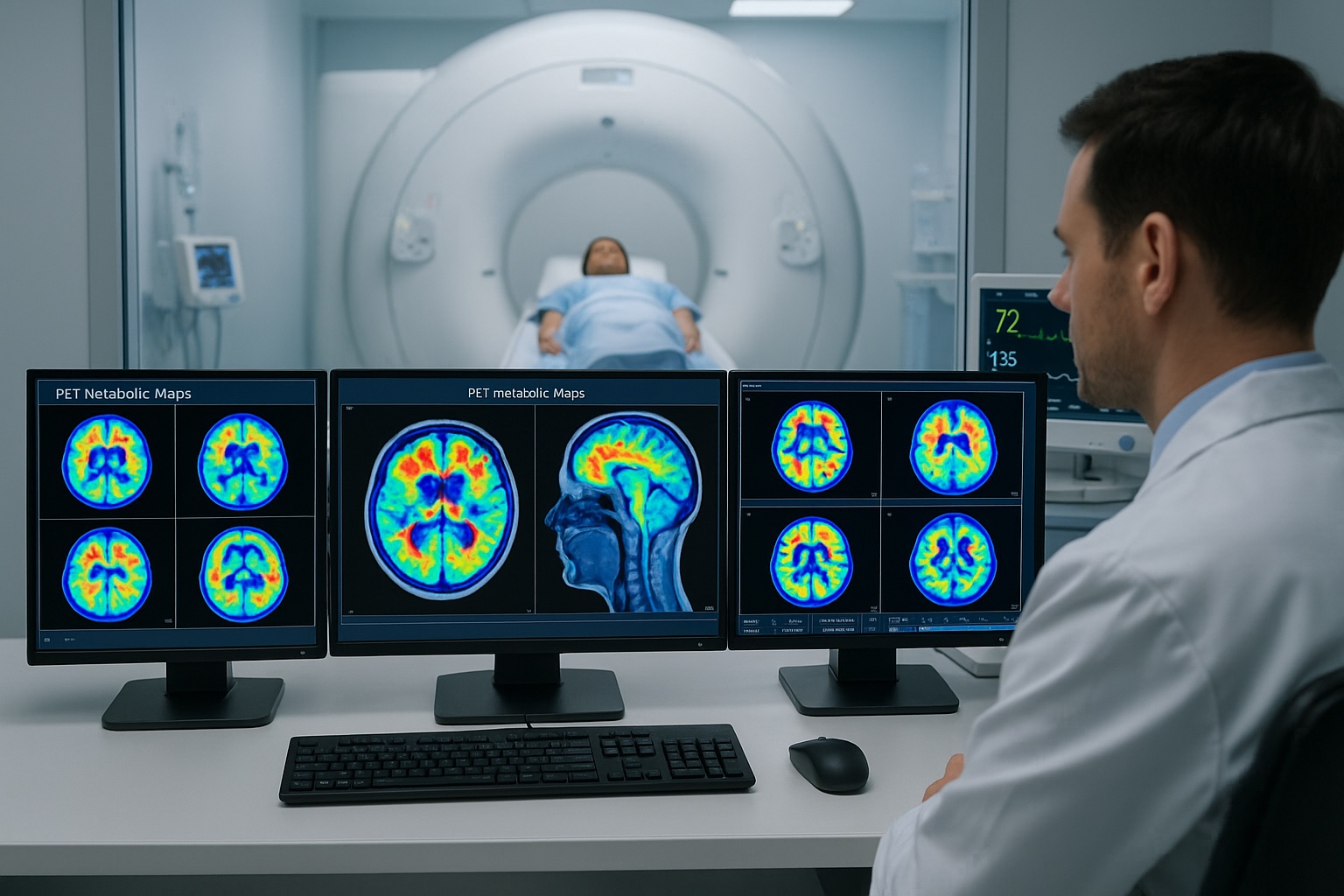Engineers at the University of Illinois Urbana-Champaign have developed a groundbreaking MRI technology that can detect brain diseases up to 70 days before symptoms appear, completing whole-brain scans in just 12.5 minutes. The new magnetic resonance spectroscopic imaging (MRSI) technique combines ultrafast data acquisition with physics-based machine learning to create detailed metabolic maps of the brain.
The technology overcomes long-standing technical barriers by synergistically integrating ultrafast data acquisition with physics-based machine learning methods for data processing. In patients with brain tumors, researchers found metabolic alterations such as elevated choline and lactate in tumors of different grades, even when tumors appeared identical on clinical MRI images. For multiple sclerosis patients, the technique detected molecular changes associated with neuroinflammatory response and reduced neuronal activity up to 70 days before changes were visible on standard MRI.
Professor Zhi-Pei Liang explained that MRI has played major roles in unlocking brain mysteries over four decades, and this technology adds visualization of brain metabolism and detection of metabolic alterations associated with brain diseases. The research was published in Nature Biomedical Engineering and represents a significant step toward precision medicine in neurology.
Source: https://www.sciencedaily.com/releases/2025/07/250701234735.htm

